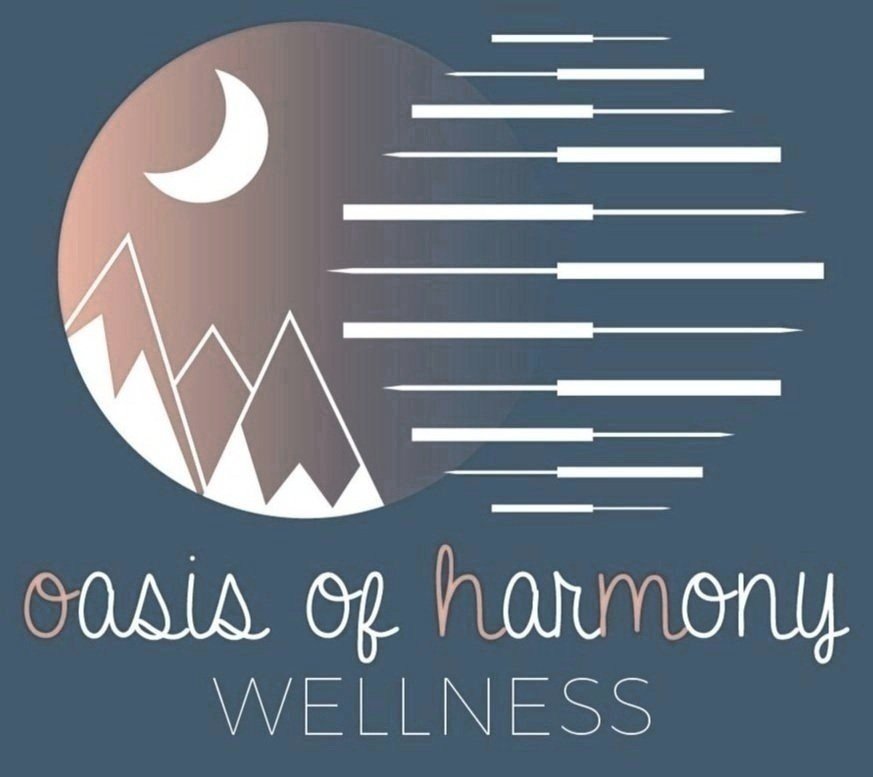Acupuncture & Allergies
As the seasons are changing, I am beginning to see more and more patients coming in with those pesky allergy symptoms. Runny nose, sneezing, itchy and watery eyes are all popping up causing much suffering for many. Most patients who are plagued with the symptoms brought on by seasonal allergies tend to turn to antihistamines or allergy shots for relief spending millions of dollars annually on these medications and sometimes still not receiving any relief. Why do seasonal allergies happen, what can we do the help the symptoms and how specifically can acupuncture help?
Seasonal allergies from a biomedical perspective result from the body having an immediate hypersensitivity response when exposed to an airborne particle or protein such as pollen or dust. Allergies are the result of an imbalance in the immune system. The immune system is the body’s defense against outside elements that are potentially harmful. When it comes to seasonal allergies or seasonal rhinitis, the immune system is mistaking the proteins found in the pollens of trees and grasses as being harmful invaders. The immune system also remembers these invaders and creates a specific antigen in the body for that protein which means that every subsequent exposure to that protein stimulates the antigen which causes the immune system to create a histamine response i.e. runny and stuffy nose, itchy and watery eyes and sneezing. Approximately 40-60 million people in the U.S. are affected by seasonal allergies with that number continually increasing.
Typical treatments in Western medicine for seasonal allergies include antihistamines, decongestants, steroids, immunotherapy or allergy shots as well as reducing exposure to the allergen in order to decrease symptoms. Studies have found that acupuncture can be equally as effective as anti-histamines such as loratadine (Claritin or Alavert) for the treatment of dust mite allergies. In fact a study completed in Germany found that acupuncture is effective for the treatment of allergy related rhinitis and rhino-conjunctivitis stating that it relieved symptoms including nasal congestion, runny nose, post nasal drip and sneezing. In the study a group treated with acupuncture was compared to a group that received loratadine. 87% of the acupuncture group and 67% of the loratadine group showed improvement as a result of the therapy. After completion of the study, a ten week follow up showed that 80% of the acupuncture group showed lasting improvements while 0% of the loratadine group did.
Treating seasonal allergies with acupuncture often produces a quick response especially for patients who have struggled to find results with medications or allergy shots or those who may be looking for alternative therapies. Patients who receive acupuncture while continuing with their standard treatments end up significantly reducing or eliminating their dependence on allergy medications entirely. Acupuncture works by calming the histamine reaction, decreasing inflammation throughout the body and strengthening the immune system bringing the body back into balance opening the sinuses and relieving congestion which overall dramatically decreases the symptoms of allergies.
Some other things that I suggest to my patients in addition to their acupuncture treatments to help battle seasonal allergies include:
- Try warming and spicy foods to open, calm and clear the nasal passages such as cayenne pepper, hot ginger, onions, garlic and/or fenugreek - a plant grown in Europe and Asia that you can find in most health food stores.
- Cut out some foods in your diet such as sugar, dairy products such as certain cheeses and dried fruits which can cause blood vessels in your nose to swell and make you more congested - this is a nutritional suggestion that both Eastern and Western medicine can agree on!
- People allergic to ragweed, pollen or other weed pollens can avoid eating foods such as bananas, melons, cucumbers and chamomile as these foods tend to make symptoms worse.
- Use a neti pot twice a day to clear the nasal passages. A neti pot looks like a little teapot with a long spout. Fill with distilled or sterile water and rinse one nostril out a time to flush the dust and pollen from your nose. You can buy one at your local drug or wellness store.
- Avoiding the allergen is the most obvious way to avoid an allergy attack or avoid symptoms. Vacuum your home once a week to remove the allergens from rugs and take shoes off prior to going inside especially during the peak of allergy season. Take a quick rinse in the shower especially if outdoors all day to keep pollen out of your bed and off furniture. If you suffer from dust allergies, buy dust proof mattress and pillow case covers.
Acupuncture is a beneficial and cost effective treatment for seasonal allergies that can be used alone or in conjunction with Western medicine treatments. Research shows that acupuncture provides both long and short term relief and is effective for the alleviation of seasonal allergies and allergic rhinitis. Contact Oasis of Harmony Wellness today to schedule your appointment to see how acupuncture works for you and your symptoms!
Phone: 443-286-0138

